Our work so far
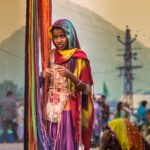
Ek Pahal
In our first project we helped indigenous people and helped them in generating sustainable livelihood. Based on our comprehension of the culture and tradition, we came up with a sustainable model of livelihood. It included a package of practices for agriculture that will reduce the input cost and lead to a sustainable way of farming. With the aim to save the culture of indigenous people and revive the handicraft economy they worked with Tribal of Birhum (a tribal district of West Bengal)To test the scalability and potential of products, a pilot project was done under which stalls were set up at Samvad (Organized by TSRDS) Jamshedpur, TISS Mumbai campus and some other universities in different parts of India. With many potential buyers interested in buying traditional ethnic handicrafts, the outcome looked overwhelming. The revenue model worked on 70:30 principle i.e. 70 % of profit for the artisans 30 % for ARIPAN which included the operational cost and activities to enhance sustainability of the model.
Phir Ek Pahal
The spread of Covid-19 across the globe has impacted people, but even more importantly, the communities who work as daily wage laborers and for their survival they depend on daily wage. In the wake of COVID-19 we have provided Ration Kits to daily wagers and migrants across Delhi, UP, Bihar, Jharkhand ,Haryana, Karnataka and Tamil Nadu. This project is still going on. Through the support of our fellow Indians we have successfully distributed 574 Ration kits and 2630 cooked meals to families who are battling hunger in times of COVID-19 pandemic. We have also distributed cooked meals to people who were walking all the way to their native districts from Delhi.
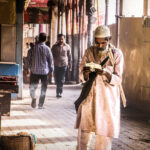
Our upcoming campaign
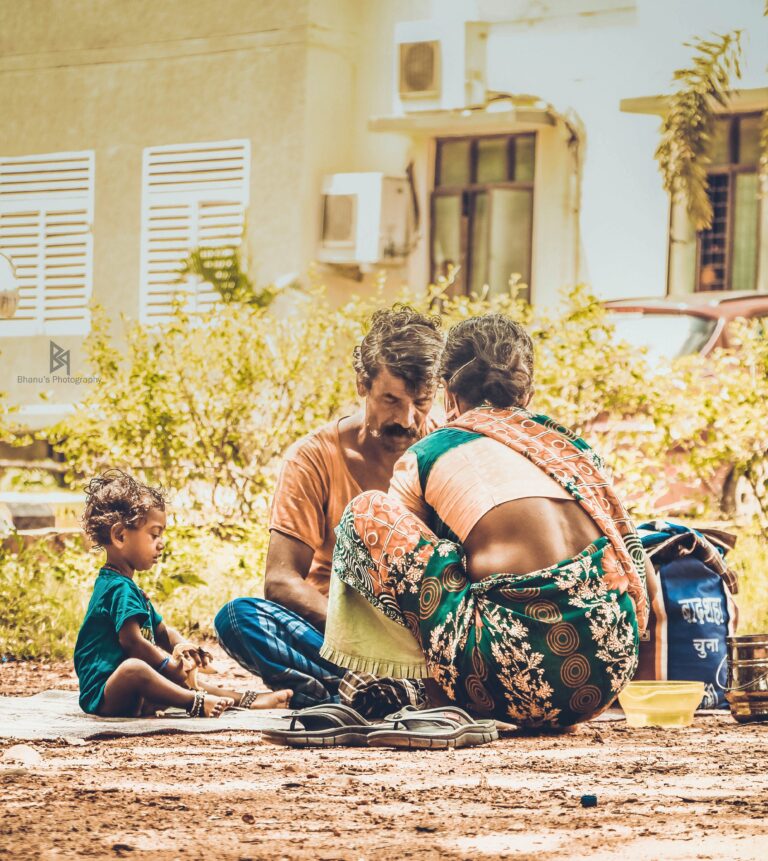
Nishpaksh: Towards Equitable society
Nishpaksh is ARIPAN’s next project for migrant workers and daily wagers across Delhi and NCR. There are total 16,787,941 workers in Delhi (As per data of Labor Commissioner).People from rural and semi-urban areas migrate to Delhi in search of livable wages. Returns from agriculture and other source of income are low and not enough to sustain the needs of a family.
Under this project we are going to identify them and we will assist them in making their Aadhaar Card and Job Card. This step is going to help us in connecting them to Governments existing schemes for their upliftment. We will conduct orientation sessions to inform them about their rights as a worker. Most of the migrant workers work at construction sites or as sanitation workers, they are compelled to work in outrageous conditions without proper safety equipment. We will request their owners to provide them with a safety and security kit.
Arogya: One’s Well-being
Under this upcoming project we will organize a Free Health-Checkups camp for underprivileged communities. This camp will help them in identifying any underlying disease. Health professionals will examine women and children.
Expert Health professionals will do general check-up, anemia among children and adults and functioning of vital organs. According to the National Family Health Survey (NFHS-4), 58.6 % Children between the ages of 6-59 months are anemic, and 53.1 % women age 15-49 years are anemic. This will be a boon for poor populations who earn and manage their life in meager income. Anemia is a very common disease found among women and children. If this disease goes untreated it can cause serious health problems and it affects the overall well-being of a person. Health checkups and tests at the beginning times of sickness can assist in saving a life. This camp will help them in identifying any underlying disease.
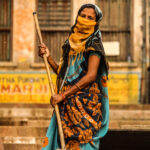
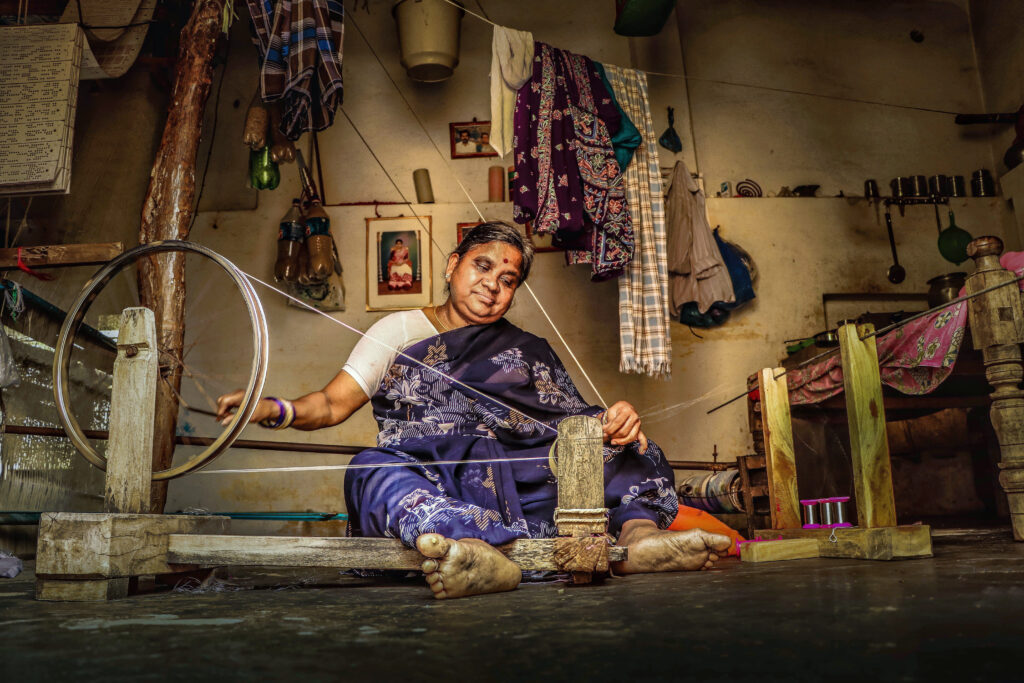
Swaablambi: Self-made woman
This project is an endeavor to make women socially and economically independent living in ghetto settlements of Delhi. As we realize that women has the obligation of being a home-makers (all thanks to our patriarchal society) but they are also passionate about something for which they never get an opportunity to pursue their dreams. We will attempt to give them this opportunity to fulfill their dreams and become independent as well. There are 8.4 crore people who live in extreme poverty. Through this project we can break the vicious cycle of poverty for these families.
First we will discover what they are passionate about and we will assist them on that. Different people are good at different things. For instance: Some might be good at cooking, altering and sewing clothes, art & craft, decoration and so forth. We will involve them in jobs as per the skills suitable to them. If someone wants to make soft toys, if someone wants to work in a beauty parlor, someone can make exceptional pickles, we can connect them to someone who requires them. They can work in bakeries, boutiques, petty shops, for online sailing portals, for cooking meals in restaurants and Canteens etc.
If we help them in choosing the work which is associated with their field of intrigue, they will be more productive and they will enjoy their work.
Bol: Let’s speak for ourselves
In this project, youth from the community will be engaged where we are running our different projects. They have to prepare a Newsletter for their community. Through this newsletter they can express the problems they are facing through their creativity. They can include poems, songs, short stories, essays, their narrative encounter and their thoughts in this newsletter. It is going to be their platform and they can use it the way they want. This newsletter is going to be their canvas and they can paint it the way they like it.
Once we will receive this newsletter, we will share it with their Local leader to address the issues mentioned. This way they will learn about each other and the problems people are facing within their community.
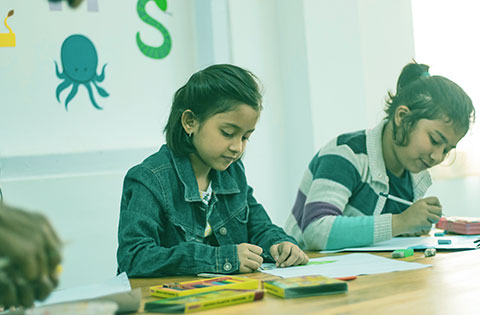
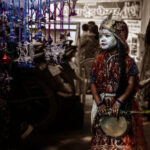
Naaz: Pride
Through this project we would like to raise the voices, mostly unheard, neglected or looked down upon in our society. People use their sexual orientation/ identity as slang to abuse one another or to make joke of them. Yes, we are talking about LGBTQIA community.
We will organize a flash mob for them on a busy locality of Delhi, where the downfall is usual than other places. This way we will have a large number of people to listen to their demands. They will assemble suddenly at our identified place and they will perform dances for a brief time. As soon as people will gather they will display their messages on Placard where they will ask for equal treatment and an end to discrimination. We will include people who belong to this community only. We will contact the leading organizations working for them for mobilization.
Paryavaran Sanrakshan: Environment Conservation
Under this project we will plant trees in the community where we are going to work. We will contact ward councilor of the identified place for planting a sapling. Our urban local Government gets budget allocated for the protection of the environment. We will ask the concerned authority to provide us plant saplings from that fund.
We will mobilize people and encourage them to do their bit for mother earth for its conservation. People will plant these saplings and they will take the ownership of these plant and they will look after them. Through peoples participation, we will be able to plant thousands of new plants on the roadside, near houses and wherever possible. Through plantation we can purify the air, trees will absorb carbon dioxide from our atmosphere and will provide us oxygen for breathing and will improve the air quality of Delhi which is deteriorating day by day with construction work going around across Delhi.

